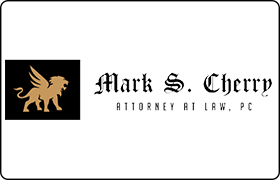Florence Bankruptcy & Debt Lawyer, New Jersey
Sponsored Law Firm
-
 x
x

Click For More Info:
-
Mark Cherry Law
385 Kings Highway North Suite 101 Cherry Hill, NJ 08034» view mapBankruptcy & Debt Where Every Client Matters
We want our clients to be confident and secure knowing we are a law firm ready to take on the fight and challenge with them.
800-824-6431
Mark Kriegel
✓ VERIFIEDBankruptcy, Litigation, Insurance, Wills & Probate, Business Organization
Representing clients in bankruptcy, insurance, civil litigation and small business formation and operating agreements.
Drew A. Molotsky
Landlord-Tenant, Foreclosure, Divorce & Family Law, Bankruptcy
Status: In Good Standing
Irwin P Rosenthal
Adoption, Business Organization, Child Support, Collection
Status: In Good Standing
Stephanie Shreter
Bankruptcy, Consumer Protection, Credit & Debt
Status: In Good Standing Licensed: 34 Years
 Mark Cherry Cherry Hill, NJ
Mark Cherry Cherry Hill, NJ AboutMark Cherry Law
AboutMark Cherry Law Practice AreasSpecializations
Practice AreasSpecializations

